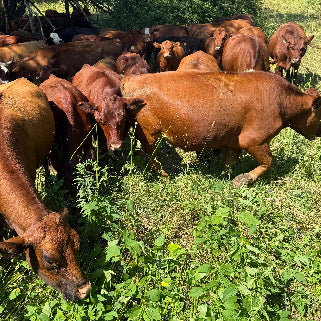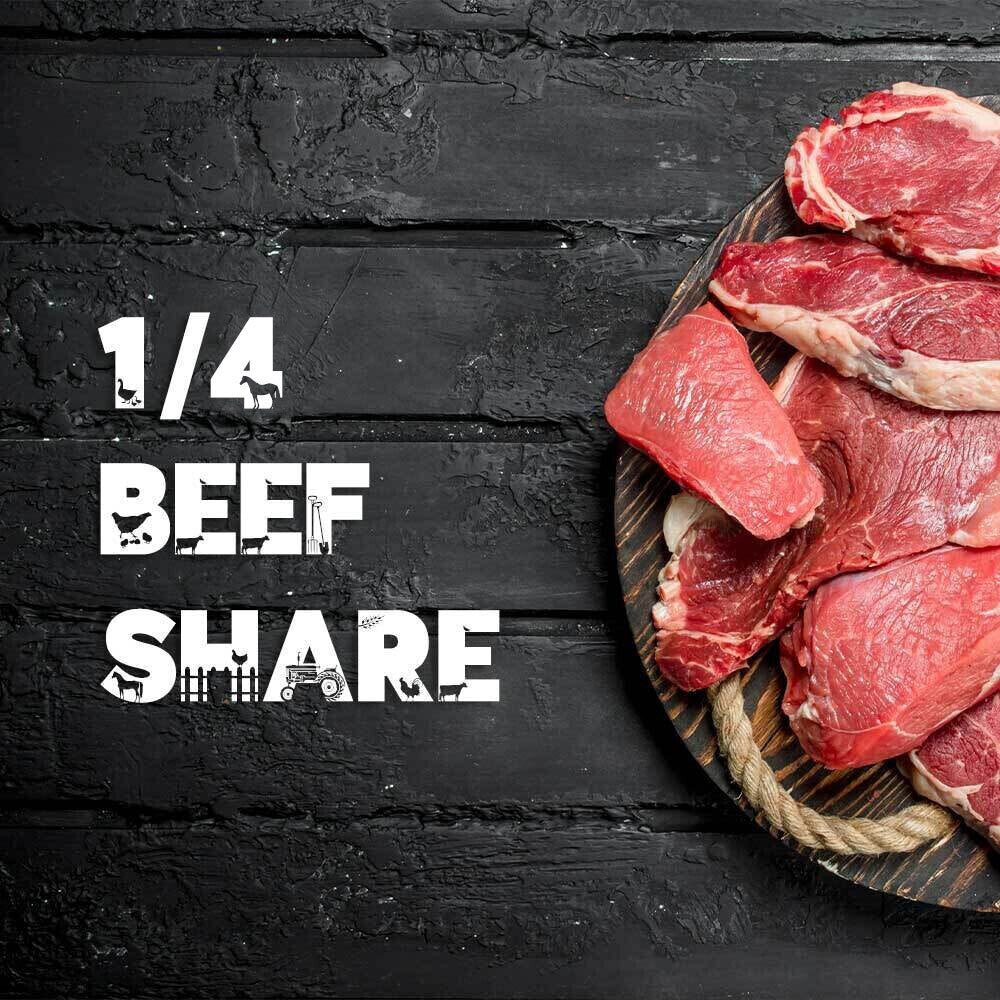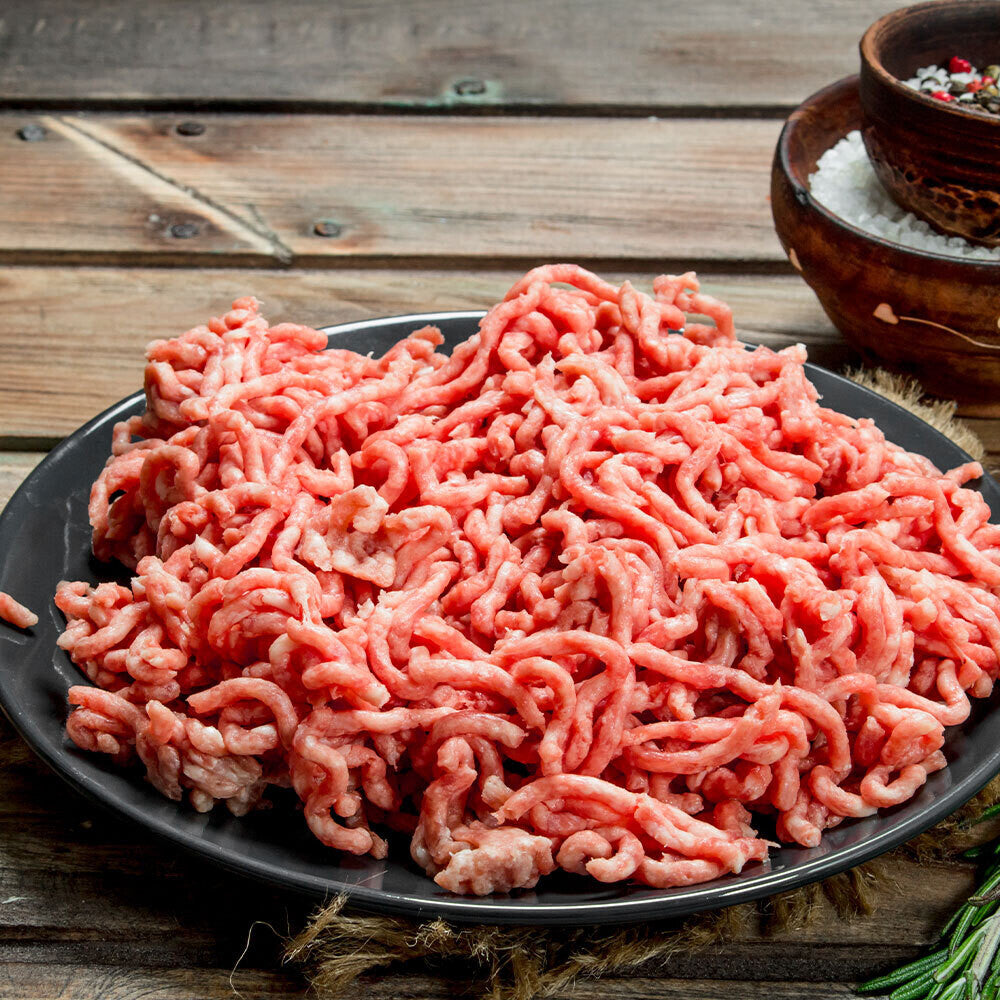
Pasture-Raised Chicken Livers: An Affordable, Nutrient-Dense Choice for Keto (Or Any Diet)
I’m not here to push my keto diet on anyone, but I’ve been learning so much about nutrition lately, Chicken Livers are a great example. They’re something I’ve only recently started exploring, and I’m amazed by how nutrient-dense they are. If you’re over 50, they could be an affordable way to add important vitamins and minerals to your diet, like vitamin A and iron. I feel compelled to share this because they’ve made such an impact on my own understanding of nutrition.
When it comes to nutrient-dense, budget-friendly foods, pasture-raised chicken livers are an exceptional choice, particularly for those following a ketogenic diet. Packed with essential vitamins and minerals, these livers are both low in carbohydrates and high in protein, making them a smart addition to your meals. Here's why you should consider adding pasture-raised chicken livers to your diet:
 Amy ensures our chickens thrive on fresh pasture every day.
Amy ensures our chickens thrive on fresh pasture every day.
Keto-Friendly Macronutrient Profile
Chicken liver is perfectly suited for a ketogenic diet due to its low carbohydrate content and high protein levels:- Low Carbohydrates: With only about 1g of net carbs per 100g serving, chicken livers are ideal for those aiming to maintain ketosis.
- Protein-Rich: Each serving provides around 24g of high-quality protein, supporting muscle maintenance and growth without excess carbs.
- Moderate Fat Content: Though not as high in fat as other keto staples, chicken livers contain about 6g of fat per serving, contributing to your overall fat intake.
- Nutrient Density of Chicken Livers
- Vitamin B12: A single serving offers over 1300% of the recommended daily intake, supporting nerve function and energy levels.
- Vitamin A: Chicken livers are rich in retinol, the bioavailable form of vitamin A, which is vital for eye health and immune function.
- Heme Iron: This form of iron is easily absorbed by the body, making it important for preventing iron deficiency and anemia.
- Folate: Essential for cellular health, folate plays a critical role in DNA synthesis and supports fertility.
- Selenium: This mineral supports thyroid function and overall immune health, further emphasizing the value of chicken livers in a balanced diet.
 Amy ensures our chickens thrive on fresh pasture every day.
Amy ensures our chickens thrive on fresh pasture every day.
Advantages of Choosing Pasture-Raised Chicken Livers
- Pasture-raised poultry offers additional nutritional benefits that conventionally raised birds often lack:
- Higher Levels of Omega-3s: Chickens raised on pasture have a naturally higher content of omega-3 fatty acids, which are beneficial for cardiovascular health.
- Increased Vitamin and Mineral Content: Studies show that pasture-raised poultry generally has elevated levels of essential nutrients compared to conventionally raised birds.
- More Desirable Fat Profile: The fat content in pasture-raised chicken is often lower in saturated fat, which may be a healthier choice for some individuals.
Considerations for a Keto Diet
While chicken livers are an excellent option for keto, it’s important to balance them with other high-fat foods to meet the necessary macronutrient ratios:- Portion Control: Monitor portions to stay within your daily goals, as even low-carb foods need to fit into your overall intake.
- Pairing with High-Fat Foods: Since chicken livers are relatively low in fat compared to other keto foods, consider cooking them with pasture-raised butter, tallow, or pairing with avocados to maintain proper fat ratios.
Here's a simple and keto-friendly recipe for preparing chicken livers as a snack:
Keto Pan-Seared Chicken Livers
This quick and easy recipe delivers a delicious, nutrient-packed snack that's perfect for anyone following a keto diet.Ingredients:
- 1 lb pasture-raised chicken livers, trimmed and patted dry
- 2 tablespoons pasture-raised butter or beef tallow
- 1 teaspoon sea salt
- 1/2 teaspoon black pepper
- 1/2 teaspoon smoked paprika (optional for added flavor)
- Fresh parsley, chopped (for garnish)
Instructions:
- Prepare the Chicken Livers: - Trim any connective tissue from the chicken livers and pat them dry with a paper towel to ensure a good sear. Season them with salt, pepper, and smoked paprika (if using).
- Heat the Pan: - In a skillet, melt the butter or tallow over medium-high heat. Once the pan is hot and the fat is shimmering, carefully add the chicken livers.
- Cook the Livers: - Sear the chicken livers for about 2-3 minutes on each side. You want them to be browned on the outside but still slightly pink on the inside to maintain tenderness.
- Rest and Garnish: - Remove the livers from the pan and let them rest for a minute. Garnish with freshly chopped parsley for a burst of freshness.
Serving Suggestion:
Enjoy these chicken livers as a quick snack on their own or pair them with sliced avocado or a small handful of keto-friendly greens like arugula. You can also dip them in a simple keto-friendly mustard sauce for added flavor. This recipe keeps the carbs low while enhancing the natural flavors of pasture-raised chicken livers, making it a convenient and nutritious keto snack.
Tags:
Previous post
Why Grass-Fed Beef is a Vital Source of Vitamin A: Natural Grazing vs. Supplements
Next post
















